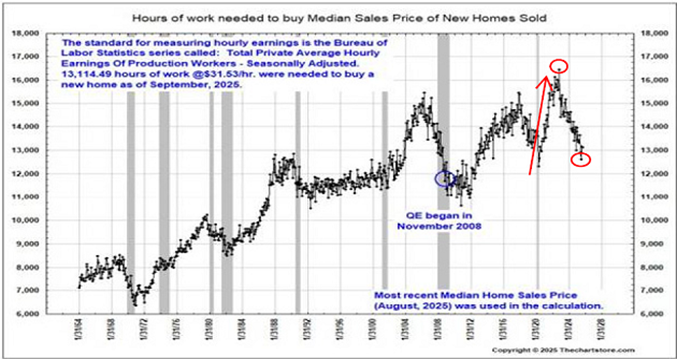The Market’s New Line in the Sand
- cornerstoneams
- Aug 17, 2020
- 3 min read
CAMS Weekly View from the Corner – Week ending 8/14/2020
August 17, 2020
An essential approach to market participation is to continually have a clear sense of the behavioral health of the market we are participating in. When it pertains to a market environment that is on-trend then the focus is to continually look around for additional confirmation of the trend as well as any signs of behavior that offers concerns of change of trend.
As a general stock market narrative, we have been on a positive upward trend since latter March. When taking a broader view though, say since early January, the narrative changes to we have had no trend this year.
That is, the stock market, as viewed through the lens of the S&P 500 for example, experienced a deep swoon and then a strong recovery with a marginal positive performance thus far in 2020.
With the above, from this point forward, the key question is can the broad stock market trend – actually trend from here.
In our previous edition we identified the potential of a notable Dow Theory market development that would lend additional credence to the constructive stock market behavior of recent months.
The basic gist was that the Dow Transportation Average had achieved a notable break higher from a previous high point and with this if the Dow Industrials could achieve the same then a positive Dow Theory development would be taking place.
This past week we did see this unfold in the Dow universe – kind of sort of.
Click For Larger View: http://schrts.co/NvMKFGED
(Clicking the above link for a larger view may prove helpful for the above chart.)
In our previous edition we shared the chart above. Today’s chart updates to Friday’s close. The focus was how the Dow Transports had achieved a break higher above the red horizontal line depicted in the lower pane. At the same time, in the upper pane, the Dow Industrials had yet to do so. As depicted, this past week the Industrials did break higher above the red line.
The break higher is real but to this point in time the strength and conviction of that break higher is a bit sluggish. The Industrials break higher can gather upward momentum from here so it is too early to call into serious question the strength of the Industrials move.
What this does do for us is to provide a new line in the sand from a behavioral perspective. That is, the red horizontal line that the Dow Industrials ascended above should now act as a support line.
If the Dow Industrial price were to move south of the red line and stay there then that would offer questionable price behavior. When price moves above a notable level and then turns south of said level that type of behavior offers caution.
For now, we have the Dow Theory connection of the Transports and Industrials having moved upward together. The most positive Dow Theory signal will be if both Averages can break higher above their previous high levels attained in the early part of 2020.
For now though, the focus is the continued good behavior displayed by the stock market with an ever watching eye for any signs of negative behavior. This Dow Industrial red line is now a focal point for our observations.
I wish you well…
Ken Reinhart
Director, Market Research & Portfolio Analysis
Portfolio Manager, CAMS Spectrum Portfolio
Footnote:
H&UP’s is a quick summation of a rating system for SPX9 (abbreviation encompassing 9 Sectors of the S&P 500 with 107 sub-groups within those 9 sectors) that quickly references the percentage that is deemed healthy and higher (H&UP). This comes from the proprietary “V-NN” ranking system that is composed of 4 ratings which are “V-H-N-or NN”. A “V” or an “H” is a positive or constructive rank for said sector or sub-group within the sectors.
This commentary is presented only to provide perspectives on investment strategies and opportunities. The material contains opinions of the author, which are subject to markets change without notice. Statements concerning financial market trends are based on current market conditions which fluctuate. References to specific securities and issuers are for descriptive purposes only and are not intended to be, and should not be interpreted as, recommendations to purchase or sell such securities. There is no guarantee that any investment strategy will work under all market conditions. Each investor should evaluate their ability to invest for the long-term, especially during periods of downturn in the market. PERFORMANCE IS NOT GUARANTEED AND LOSSES CAN OCCUR WITH ANY INVESTMENT STRATEGY.




Comments